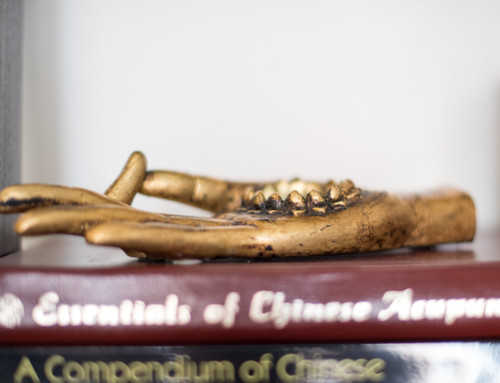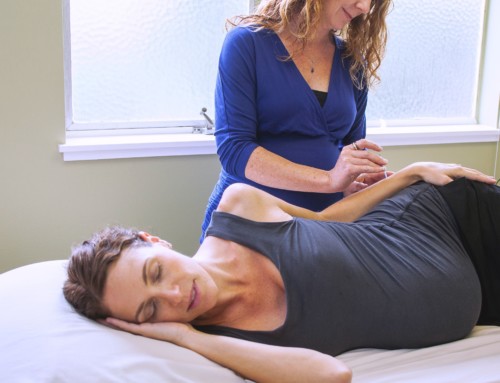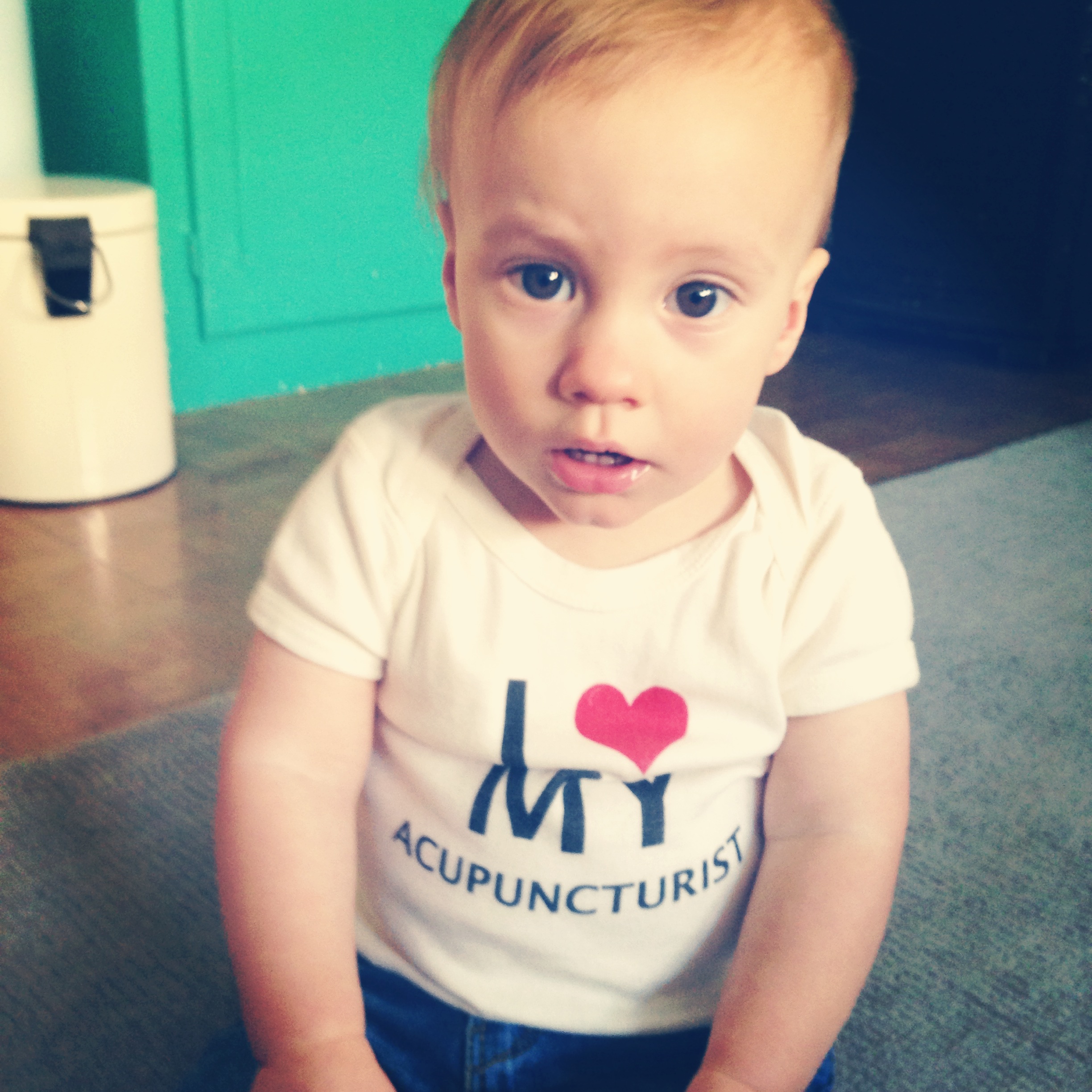Postpartum depression is surprisingly common, and not often addressed. In fact, 1 in 7 women get postpartum depression (PPD). If you are suffering from PPD, or think you might be, it is important to remember that a chemical imbalance is occurring that may be out of your power to control. There is so much pressure in our society to conform to the idealistic version of what it means to be a mother. It is natural and okay to feel sad and overwhelmed – women should not be ashamed for experiencing these feelings. Postpartum depression is not an indication that you are a bad mother or person. Do not rationalize your feelings and fears away. Reach out and seek help – treatment and relief exist.
At Mama Lounge we provide support and compassion for women experiencing postpartum disorders. Acupuncture helps to regulate hormones, which is one of the believed causes for PPD. In the Eastern medical perspective mental and emotional wellbeing is connected to our blood. The blood is a physical anchor for that which is ethereal – our mind and spirit. When we lose blood we experience mental unbalance and depression, among other symptoms. Women lose blood during childbirth and continue to do so as blood is used to produce breast milk. We use Traditional Chinese Herbs in conjunction with acupuncture to fortify and restore the blood, thus guiding a patient towards spiritual equilibrium. Treatments at Mama Lounge also act as a sacred space for women to be deeply cared for and nurtured. Time spent caring for you and being committed to a healing process is deeply therapeutic and restorative.
Feeling exhausted, overwhelmed, and emotional is not uncommon. Feeling this way for a prolonged and uninterrupted length of time is an indicator of PPD. Postpartum depression can begin at anytime during pregnancy and in the first 18 months after giving birth. It can happen with the birth of your first child or your fifth. If you are concerned you may be experiencing symptoms of postpartum depression please reach out and talk to someone. At Mama Lounge we have a maternal mental health checklist to help facilitate a dialogue. Relief and wellness are absolutely within your reach.
Here is a checklist to help you determine whether you might be suffering from postpartum depression:
- I can’t sleep, even when my baby is sleeping.
- I have lost my appetite.
- I feel sad. I have been crying a lot for no reason.
- I am feeling worried or anxious most of the time.
- I am having anger or rage that is not normal for me.
- I feel numb or disconnected from my life. I can’t enjoy the things I used to.
- I don’t feel like I’m bonding with my baby.
- I am having scary “what if” thoughts over & over about harm coming to me, my baby or others (also called intrusive thoughts, a sign of postpartum OCD).
- I feel a lot of guilt and shame.
- I’m worried that I’m not a good mother.
- I feel overwhelmed with all of the things in my life.
- I can’t concentrate or stay focused on things.
- I feel like I’m losing it.
- I want to be alone all or most of the time.
- My thoughts are racing. I can’t sit still.
- I feel like the only way to make myself feel better is by using alcohol, prescription drugs or other substances.
- Sometimes I wonder if my baby or my family would be better off without me.
- I’ve been having physical symptoms that are not normal for me (for example: migraines, backaches, stomachaches, shortness of breath, panic attacks)
- I have had serious thoughts of hurting myself.
- I have had thoughts that I should (not that I might or what if, but that I should or need to) hurt my baby or someone else.
- I am worried I’m seeing or hearing things that other people don’t see or hear.
- I’m afraid to be alone with my baby.
- I feel very concerned or paranoid that other people might hurt me.




